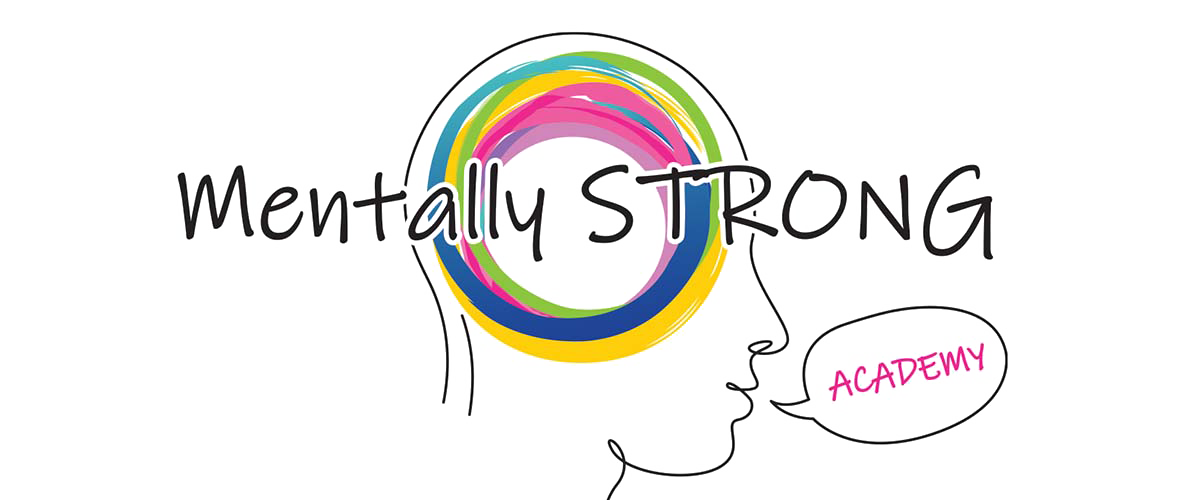Major Depressive Disorder
The following is only a brief overview of the most prevalent diagnosis in our clinic – major depressive disorder. Understanding and differentiating between depression and major depressive disorder symptoms and when medication is necessary and why is essential.
Depression or Major Depressive Disorder?
We all experience symptoms of depression, of extreme sadness, and we often use depression to describe how we feel at any moment, “I feel depressed.” This feeling can be caused by situations, such as the death of a loved one or a significant challenge in life like the loss of a job, but that is not typically major depressive disorder. For instance, while some of you may know that I am grieving my daughter’s loss, while I have moments of depression, I do not meet the criteria for major depressive disorder. Since medication and therapy are necessary to overcome major depressive disorder, we must distinguish between this diagnosis and normal depression that we all experience.
If you have five or more of the following symptoms, you may have major depressive disorder and should seek help from a qualified counselor and medical professional:
- Depressed mood most days or nearly every day
- A marked, diminished interest in things that typically were pleasurable for you
- Any significant weight loss
- Insomnia or hypersomnia (sleeping too much)
- Feeling agitated or excessively fatigued
- Feelings of worthlessness, hopelessness, helplessness (even suicidal)
It is crucial that if you are having thoughts of self-harm or are suicidal – cutting, burning, self-mutilation, or feeling like dying or killing yourself – you must consider medication as this is due to a biochemical imbalance and is no longer situational. It is not something you can get over – you need to get help.
National Suicide Prevention Lifeline, 1-800-273-TALK (8255) or Live Online Chat
Treatment: Therapy & Medication
Some previously discussed disorders need medication as there is a biochemical component to the disorders. Schizophrenia and bipolar both need medication to help with biochemical imbalances. While there may be a situational trigger to major depressive disorder, people with this diagnosis may also have a biological predisposition to a biochemical imbalance when under stress. Or the pressure may be so severe that it creates a chemical imbalance only treatable by medication.
Medication is not a cure in and of itself but a complement to therapy, allowing you to focus on changing your thinking without the impediment of a neurotransmitter imbalance. By combining medication with the Mentally STRONG method, you and your counselor will be confronting your depression from every aspect, ensuring that you are in the best position to become healthy. Whether you will need to stay on medication or if it is just temporary can depend and will be discussed with your provider. Typically, if you have had two or more major depressive episodes in your life, you will need to continue medication indefinitely.
Mentally STRONG and Major Depressive Disorder
When you come into Mentally STRONG we will begin with a full psychiatric assessment to determine if you are suffering from major depressive disorder. If this is the diagnosis, the first step is introducing you to a counselor and the Mentally STRONG Method, which will help transform your thinking and improve decision-making. There is a tendency for those with major depressive disorder to have a negative internal dialogue – one that may not even be conscious but more of an automatic or habitual way of thinking.
By using the Mentally STRONG Method to slow down and identify this habit of thinking, you and your counselor will work together to help you reframe your thinking, rewrite your internal dialogue, and seek out more positive decisions to bolster your neurotransmitters. Using the Mentally STRONG Method, you can start to feel better emotionally and make choices that will help you feel better physically – beginning a cycle that will bolster your neurotransmitters and bring you to a place of health. Those with major depressive disorder need that help to break the cycle of negative thinking and negative feeling, and it is vital to get an evaluation and treatment. After all, you deserve to be happy!


